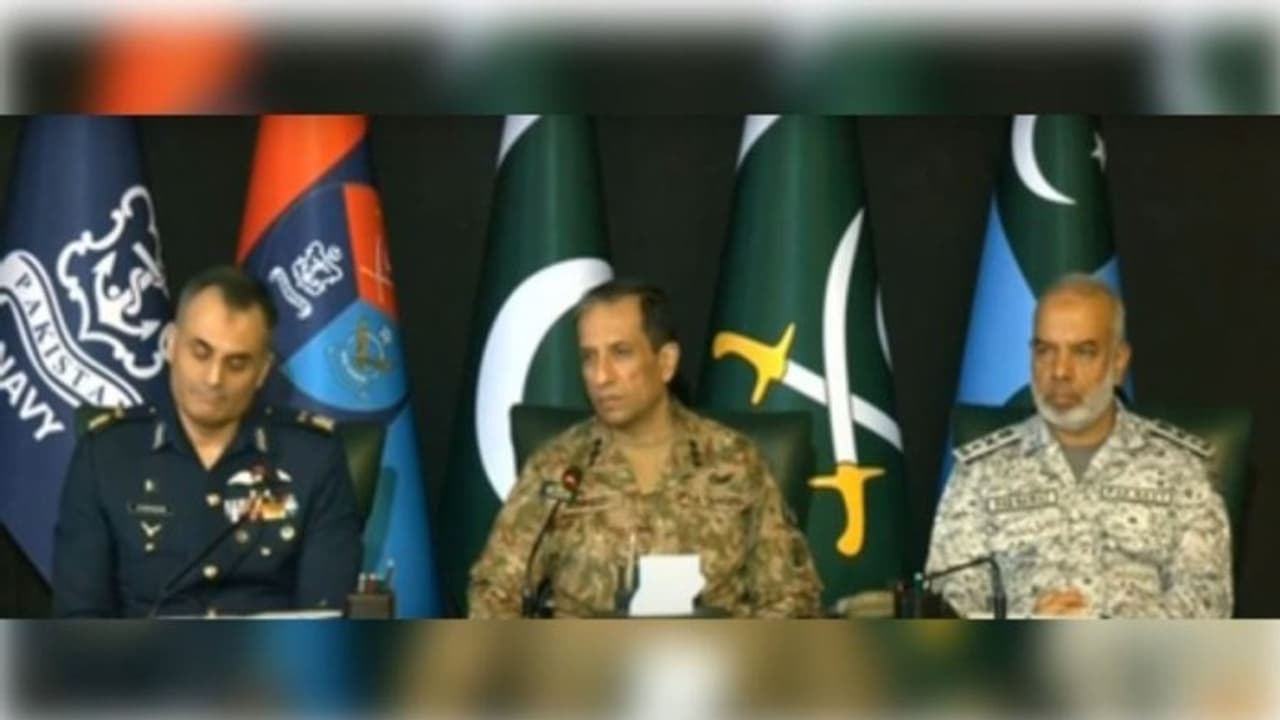Pashtun, Baloch, Sindhi and Kashmiri activists joined an online Afghan United Front meeting to reaffirm their struggle for freedom from Pakistan’s control. They accused Pak of ideological indoctrination, economic exploitation and military oppression.
During an online meeting organised by the Afghan United Front, prominent political and human rights activists from the Pashtun, Baloch, Sindhi, and Kashmiri communities reaffirmed their commitment to the fight for their regions’ independence and freedom from Pakistan’s control, as detailed in a post by PoJK activist Amjad Ayub Mirza on X.
The speakers criticised the Pakistani government for using education, media, and religious seminaries (madrassas) as instruments for ideological indoctrination. They highlighted that under General Zia-ul-Haq’s rule (1977-1988), the number of madrassas in Khyber Pakhtunkhwa surged from just 89 to nearly 10,000 registered institutions.
‘Pashtun nationalism within Pakistan’
According to the participants, Zia-ul-Haq declared that these seminaries would serve as “forts of Islam,” aimed not only at imposing a strict Islamist framework in Afghanistan but also at undermining Pashtun nationalism within Pakistan. Pashtun representatives maintained that the establishment of Khyber Pakhtunkhwa and the notion of a distinct ‘Pashtunistan’ were deliberate strategies to confuse and fragment the Pashtun identity, which is historically and culturally linked to Afghanistan, as mentioned in the X post.
Throughout the conversation, attendees raised urgent questions about acts of terrorism in Pakistan, asking why such incidents consistently exclude Punjab, where extremist groups’ leadership and operational bases are situated.
The Sindhi delegates contended that their province remains under the systematic dominance of the Pakistan Army, noting that a Sindhi has never held the position of Chief of Army Staff, Corps Commander, or any high-ranking military post.
They emphasised that despite Sindh contributing nearly 70% of Pakistan’s GDP, 72% of its gas, and 52% of its oil, the province continues to face economic exploitation. They added that Sindh possesses vast lignite coal reserves worth billions, yet the local population remains impoverished and politically sidelined, according to the post.
Baloch activists on Pakistan’s presence
Baloch speakers stated that they are not separatists but freedom fighters, asserting that Pakistan’s presence in Balochistan amounts to an occupation. They condemned ongoing military operations, enforced disappearances, and human rights abuses in the region, as noted in the X post.
Kashmiri activists urged the formation of a unified front among all oppressed nations under Pakistani governance, including Pashtuns, Baloch, Sindhis, and Kashmiris. They emphasised that the shared predicament facing these nations represents a crisis of direction and highlighted the need for solidarity among their political and resistance movements to achieve freedom and justice.
The meeting concluded with a collective statement reaffirming the ongoing struggle for self-determination, dignity, and independence until all oppressed nations secure their sovereign rights free from Pakistani domination, as underlined in the X post.
(Except for the headline, this story has not been edited by Asianet Newsable English staff and is published from a syndicated feed)
